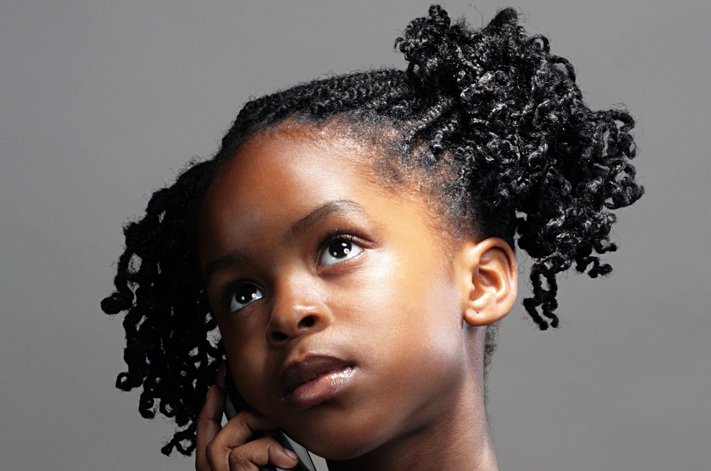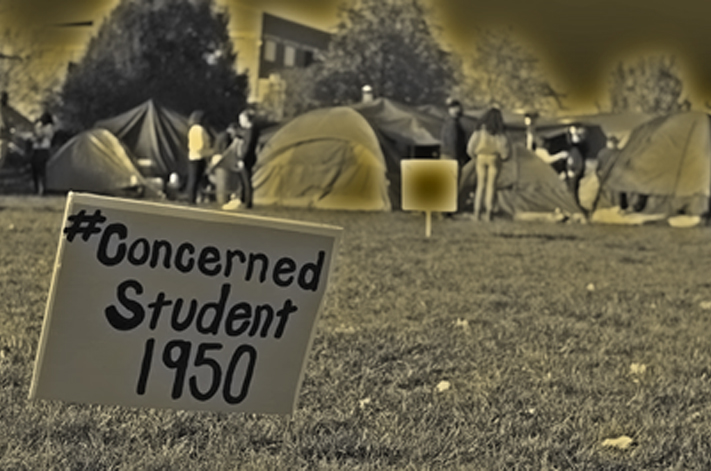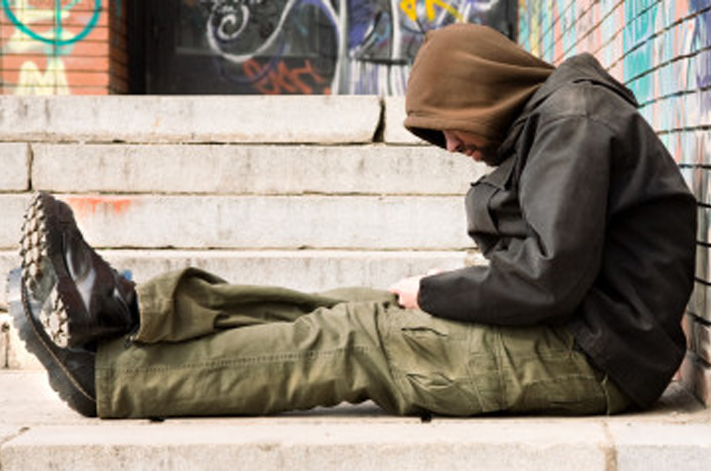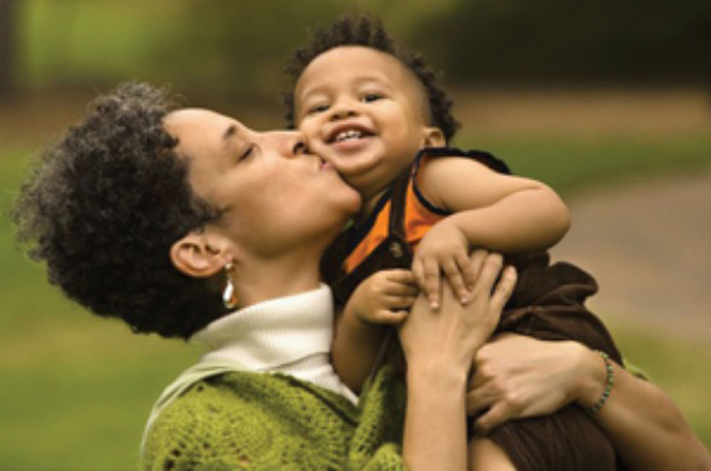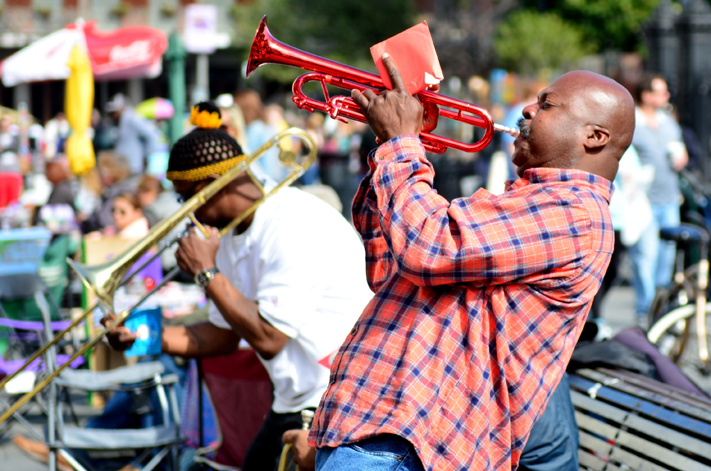Project Description
'The trope is alive and well; I’m never just offended, or annoyed, or feeling strengthened by my convictions in the eyes of others.'
“Why are you so angry?” my mother asked me during her recent visit to Brooklyn.
It’s the first time my mother has ever asked me that question, and I know that she is lovingly unaware of its ramifications as a nocuous cliche, despite its power as a racist stereotype – that of an overly assertive, hands on hips, neck swiveling, emasculating black woman, and which immediately undermines the validity of any strong views she might express.
But anyone who knows me well knows that I very seldom raise my voice – I don’t like to yell or shriek or even holler. I’m not prone to calling people names or throwing things; I don’t get up in people’s faces or threaten to smooth on the Vaseline. There are, I guess, many visible markers of anger, but the times in which my “anger” as a black woman has been called into question, I was not acting angry; I was, however, talking about race with white people.
Yes, the angry black woman trope is alive and well, and even if I don’t display the satirized signifiers of that trope, I’m still censured for my supposed “anger”. I have always been opinionated, but my “anger” as a black woman shifts me from rebel to problem. I’m never just offended, or annoyed, or feeling strengthened by my convictions; I’m always just “angry”.
But let me tell you what – the people who think that I’m angry aren’t wrong just because I’m not performing my anger. The anger is real.
I’m angry about a lot of things. I’m angry that we live in a culture where stupidity and narcissism are rewarded (Ann Coulter gets paid upward of $25,000 per speaking gig), and psychological trauma is a reality show (see: 17 Kids and Counting). I’m angry that entitlement is reserved for white people (Miley Cyrus is always entitled to her opinion) while black people have to package it as empowerment (Amandla Stenberg is empowered and empowering for black girls). I’m angry that our talents and intellect as a race (whether Beyoncé or Ta-Nehisi Coates) are simultaneously scrutinized (black women don’t sell magazine covers; how dare you question the American Dream) and held commercially hostage for an impossible ransom (but if black women do sell magazines, make a statement for white women; your success as a black intellectual means you must speak for all of black America). I’m angry that black people are being killed – intentionally, randomly, excessively.
I’m angry that I was surrendered into adoption by a white mother whose exotification and resentment of black men resulted in my unwanted existence, and then adopted by white parents who are, for the most part, willfully colorblind. I’m angry that not one of these parents – or anyone left in either my birth or adoptive family – understands or thinks about what it feels like to be black in America. I’m angry that the same white friend who said to me years ago that letting go of my anger will set me free responded defensively to my efforts to engage with her about her own racial awareness as if I were attacking or bullying her: “What am I supposed to do, just sit back and take it?” (Well, actually, yes.)
I’m angry. I’m not just the kind of angry you want me to be.
My mother said to me, “I can’t take on the guilt you need me to for the source of your anger”. But the thing is, I neither need nor want her or anyone else to feel guilty. Identifying the source of my anger doesn’t leave me with the urge to assign blame, and I don’t need anyone else to feel guilt so that I can stop being angry. I don’t want an apology; I don’t want anyone to make it up to me. But I do want people to be accountable for their roles in oppression, and to respect me as the arbiter of my own experiences. I want people’s conversations with me to force them to think, rather than be defensive. As the late poet and activist Audre Lorde wrote in her essay “Uses of Anger”: “my anger and your attendant fears are spotlights that can be used for growth in the same way that I have used learning to express anger for my growth.”
To be honest, my anger has never hurt me. Instead, it’s given me a fully realized life that is big and beautiful and lucky, that is filled with love, surrounded by friends. And it has also given me another family in my husband and my son – neither of whom would ever characterize me as an “angry black woman”, and so I never really am.
Rebecca Carroll is a Guardian US contributing opinion writer and the director of digital media and marketing at Scenarios USA. She is the author of several nonfiction books, including Saving The Race and Sugar In The Raw. | Follow her on Twitter: @rebel19
Copyright; Guardian News and Media Limited,. Reprinted with permission.
This piece was reprinted by EmpathyEducates with permission or license. We thank Rebecca Carroll for her kindness and for inviting us to look at the complexity that race “relations” in America. We also wish to express our appreciation for The Guardian for being an enduring source of information and ideas.


